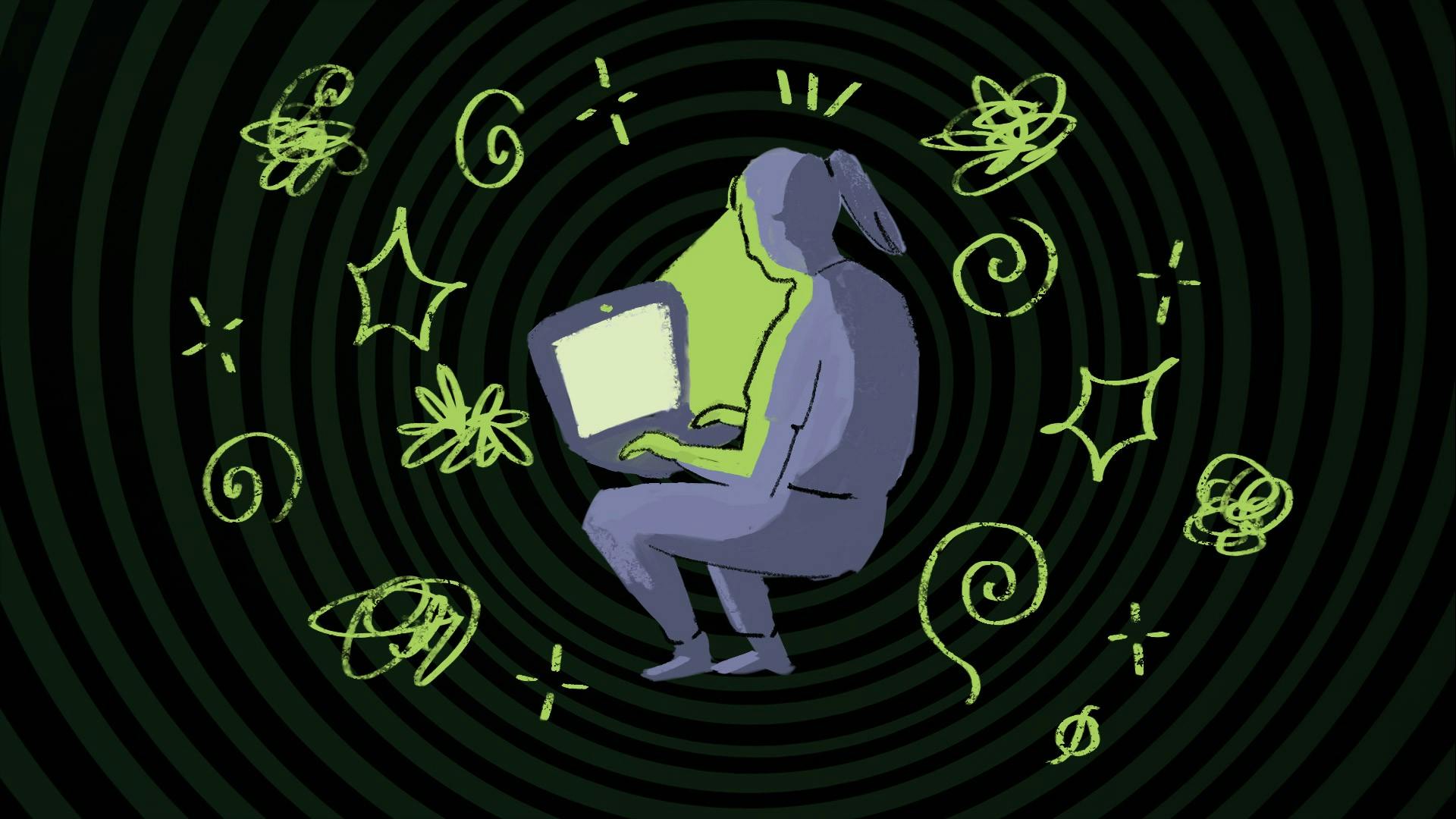Following Michigan State University’s March 11 announcement that all spring classes would move to online-only instruction in response to the COVID-19 pandemic, neuroscience senior Katya Karnoup knew she would not be alone in having problems with mental health.
While she had taken online courses prior to the pandemic, five of the six classes Karnoup is currently enrolled in for the upcoming fall semester have already ditched in-person lectures and switched to online instruction. On June 17, MSU announced that faculty were asked to move 75% of courses at least partially online for the fall 2020 semester.
Having felt alone from the lack of in-person classroom relationships, Karnoup said she found the lack of connections to be a downfall of online courses.
“Having other people to work with and socialize with would've been really helpful,” Karnoup said in a text. “Doing the online class by myself was more stressful than if I was in an in person class and made my mental health harder to take care of.”
According to counselors Jessica Oyoque and Courtney Brown at MSU’s Counseling and Psychiatric Services, or CAPS, feelings of isolation due to the lack of face-to-face interaction are just one of the many pitfalls of digital learning.
“With online classes, students may experience challenges as it relates to increased screen time,” Oyoque and Brown said in an email. “(Students) may experience increased fatigue, headaches, lack of motivation, avoidance/procrastination, ineffective time management, feelings of isolation due to limited socialization in-person, minimized awareness and understanding of others created by in-person dialogues.”
In the unprecedented age of COVID-19, anxiety onset by the unknown can disrupt online schooling.
“The root of anxiety is the mind and body’s way of responding to distress, uneasiness, and unfamiliar situations,” Oyoque and Brown said in an email. “Anxiousness can be driven from a place of uncertainty and experiencing the unknown. COVID-19 has impacted our need to adjust and adapt at a rapid pace and it may be overwhelming..”
Not all aspects of online learning are detrimental. According to Oyoque and Brown, digital education will increase levels of safety, which may make students feel more willing to engage with learning materials from safe, comforting spaces.
Anxieties concerning strict class schedules and in-person discussions may also be relieved as a result of professors and the university switching to online, Oyoque and Brown said. Online instruction also helps students practice effective time management through the 'work at your own pace' model.
When spring classes went online, psychology freshman Sydney Saichek said she found the ‘work at your own pace’ model helped to ease anxieties associated with in-person instruction.
While all of Saichek’s classes in the fall will be online, only one is held at a synchronous, scheduled time, allowing her to approach her others with flexibility.
“If you don't feel well, you can care for yourself and do school later in the day or the next,” Karnoup said. “It's flexible. Doing one thing a day that you enjoy has helped me a lot because it's easy to get caught up in … the things we have to do and we never make time for ourselves. Time off is just as important as time on.”
Oyoque and Brown emphasized the importance of taking breaks and time away from instruction.
“We have entered a new phase of our reality due to COVID-19, increased online schoolwork and the expectation to socialize virtually,” Oyoque and Brown said in the email. “Components of our lives that created a break from having an online presence has now been immersed with screen viewing multiple hours a day.”
The establishment of a routine is also beneficial to navigating through education via online coursework.
“Engage in a routine that includes being active, eating, and sleeping,” Oyoque and Brown said in the email. “A routine will create a sense of structure and foster the need to be present and control daily functions.”
Students are advised to practice self-compassion, self-care and forgiveness in such unprecedented times to take care of the mind.
Keeping the acronym S.T.O.P. — stop, take a breath, observe and proceed — in mind can also be helpful in promoting mindfulness, Oyoque and Brown said.
Other ideas for how to improve mental health and well-being while taking online courses include meditation, playing an instrument, running, cooking, kickboxing, staying organized and, if needed, seeking professional help, among others.
Support student media!
Please consider donating to The State News and help fund the future of journalism.
If you are struggling with online classes and mental health, you can learn more about getting help at caps.msu.edu.
Editor’s Note: This article is part of our Summer Mail Home issue. View the full digital issue here.
Discussion
Share and discuss “Students share impact of online classes on their mental health” on social media.








